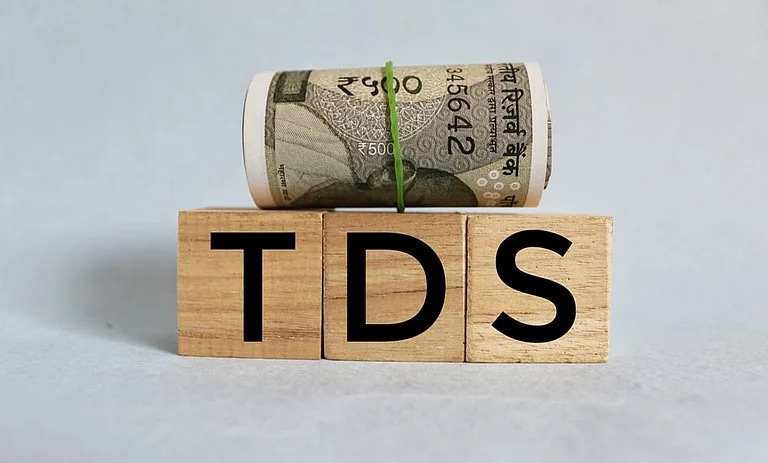If you are earning interest on fixed deposits or savings accounts, not filing Form 15G or 15H may cost you more than you imagine. The Income Tax Department has simplified the process for individuals with little or no taxable income to escape Tax Deducted at Source (TDS) by filing these self-declaration forms. But when these forms are not filed in time, banks and financial institutions automatically deduct TDS—even when your income might not necessarily need it.
This results in an unwanted drainage of your funds, tying up your money that could otherwise be utilised for other financial purposes. Sometimes, tax is withheld twice rather than once—particularly when interest is accrued on several bank accounts or banks that are not connected or synced.
What Are Forms 15G and 15H
Form 15G and Form 15H are self-declaration forms that enable individuals to escape TDS on interest income if their overall income is less than the taxable threshold. Form 15G is for individuals under the age of 60 years and Hindu Undivided Families (HUFs), whereas Form 15H is designed particularly for senior citizens who are 60 years or older.
These forms are to be filed at the start of every financial year to banks or financial institutions in whose accounts the interest is likely to be accrued. After filing, the institution will not charge TDS on your interest earnings during the financial year, subject to the income staying within a particular limit.
Why Missing These Forms Can Hurt
When these forms are not filed, banks can automatically deduct TDS if the interest income exceeds Rs 40,000 a year (Rs 50,000 for senior citizens). Even if your overall income is below the tax threshold, it is so.
For instance, if a retiree receives Rs 48,000 as interest on a bank fixed deposit and fails to furnish Form 15H, the bank will deduct 10 per cent TDS of Rs 4,800. Even if the retiree can subsequently claim refund by filing return of income for income tax, it would take months for the amount to be refunded. Meanwhile, the individual might have to do with low cash availability, which may impact regular spending or urgent requirements.
In situations where individuals have deposits with several banks, the situation worsens. Every bank considers the interest paid by it individually, not the individual's overall income. This can lead to several instances of TDS being deducted even if the aggregate income is less than the taxable limit.
Double TDS Trouble
At times, faulty or non-available PAN information with one or more banks may also result in a higher TDS rate of up to 20 per cent as against the usual 10 per cent. When the depositor has not submitted updated PAN or not furnished Form 15G/15H and the bank fails to correlate the two properly, TDS can get deducted twice or at twice the rate.
Worse still, when interest income is credited but distributed over quarters, TDS could be deducted repeatedly during the year, impacting normal income flow. For salaried workers or retirees who depend on quarterly interest payments, it can lead to severe budget issues.
How to Avoid This Situation
The most effective way to prevent unnecessary TDS deductions is to be proactive at the beginning of each financial year (preferably in April), file Form 15G or 15H with each bank or financial institution where you anticipate earning interest. These forms are usually available online as well as at branch offices. Some banks also permit submission through internet banking or mobile apps.
It's important to be honest and accurate while filling these forms. Misreporting your income or submitting the form when you're actually liable to pay Tax can attract penalties. Also, keep a copy of the submitted form and acknowledgement for your records.
Ensure your PAN is correctly linked to all your accounts. Mismatched or outdated PAN records are one of the leading reasons for wrong TDS deductions and delayed refunds.
Refunds Are Possible, But Take Time
If you've already had TDS deducted due to missing these forms, the only option is to claim a refund by filing your income tax return. While the refund process has become faster in recent years, it still takes a few weeks or months, depending on the tax department's timelines.
For senior citizens, pensioners, and small depositors, this postponement can prove to be financially stressful. Keeping your papers updated and planning ahead can save you from this entirely.
Filing Form 15G or 15H might be a minor chore, but not doing it can result in unwanted deductions, impact your cash flow, and make your tax return process more complicated. To protect your savings and spare yourself the trouble of claiming refunds, ensure that you file the form annually—on time and with accurate details. It's an easy step that can save you money as well as peace of mind.










